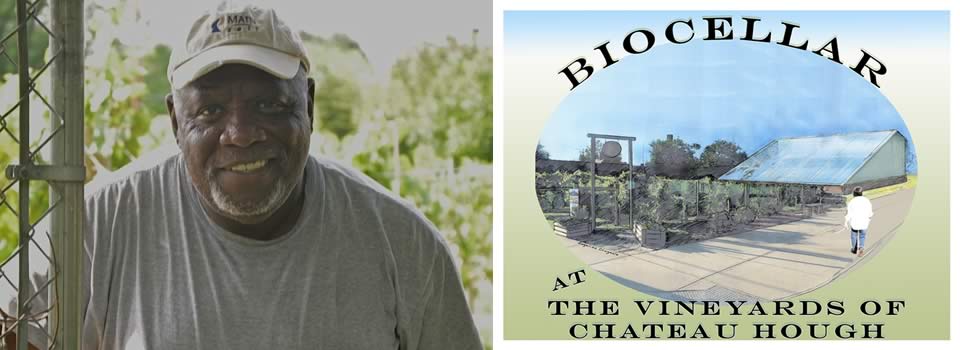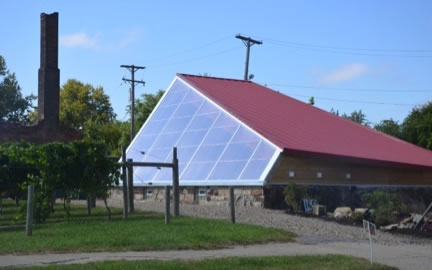



 |
Inner Visions of Cleveland is proud to partner with Mansfield Frazer on his Biocellar project located in Cleveland’s Hough neighborhood.
An abandoned house near the corner of East 66th and Hough will be converted into a biocellar – a below grade growing environment suitable for aquaponics (fish and crop propagation). The top portion of the house will be torn down and the basement will remain in tack. A green house roof will be built above the basement. The crops grown below grade level will not freeze and the warming sun coming in through the glass roof will create space where year round growing can occur. Mansfield said he would start with mushrooms because they are a high income-generating crop.
One of the pillars the national sustainability movement is for virtually all food in this country to be grown within a five-mile radius of where it is consumed. Mansfield said he seeks to combine three current social trends to help solve urban ills: Urban food production; employing locals with disadvantaged backgrounds; and repurposing vacant homes and idle urban lots to create wealth-building opportunities for residents. We think that biocellar technology can be developed to the point where it is viable for use on literally hundreds of vacant homes, thus creating wealth-generating opportunities for neighborhood residents. Individuals returning home from a period of incarceration, veterans, and at-risk neighborhood youth can be trained to grow crops and raise fish.
This project is an off shoot of the Vineyards of Château Hough and is an effort to expand the notion of repurposing land, decreasing the food vacuum, creating opportunities and develop skills in specific populations.
The biocellar will be the core facility for three interdependent micro-economic operations: (1) year round production of gourmet edible mushrooms for market (2) the production of micro-remediation mats for soil amendment and (3) the production of herbs and flowers for market.
Shitake and oyster mushrooms are known to detoxify environmental pollutants. The micro-remediation can be retailed as an urban garden soil amendment and also introduces the potential for ecological design revenue for specific sites of contamination.
The ultimate goal is for the residents who help build these projects to take ownership of them.
Mansfield Frazer abides by the wise and prophetic words of environmental activist Majora Carter, who said, “I believe you shouldn’t have to move to live in a better neighborhood.”